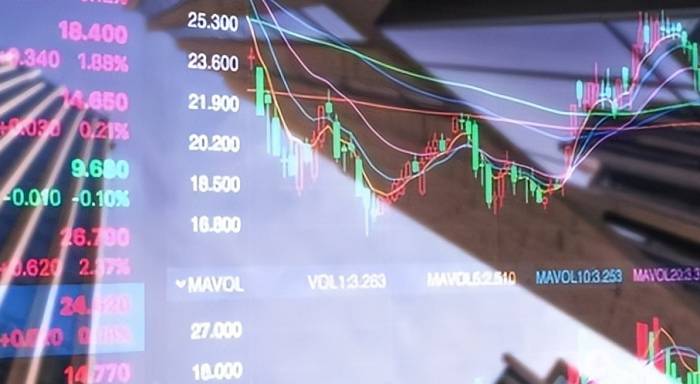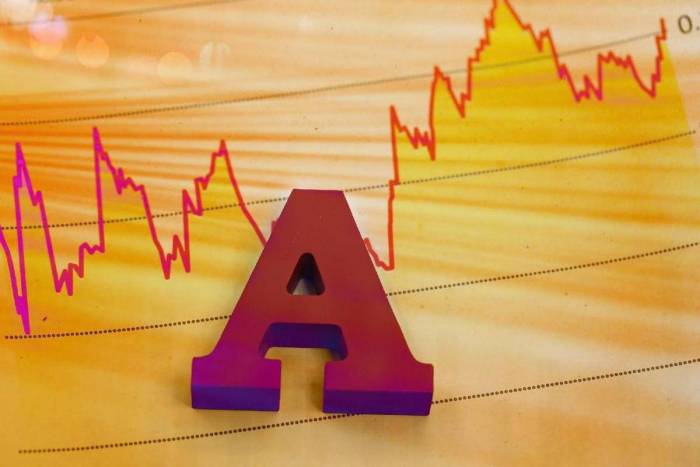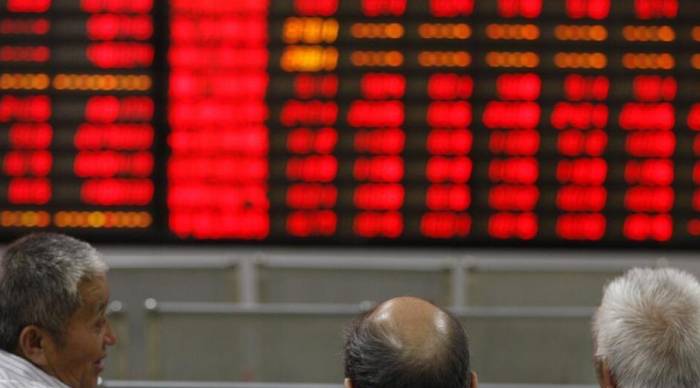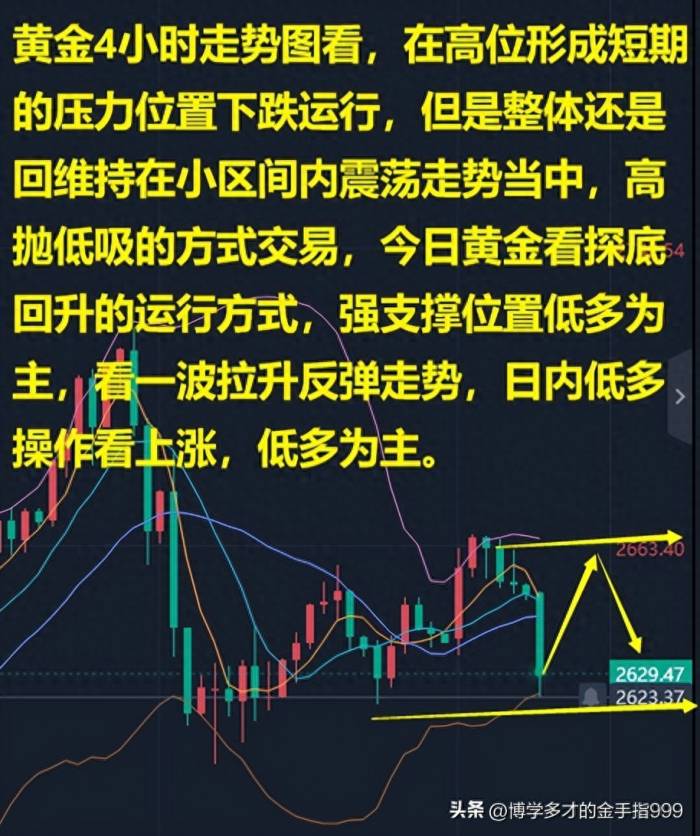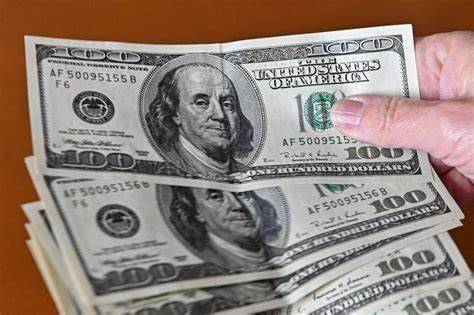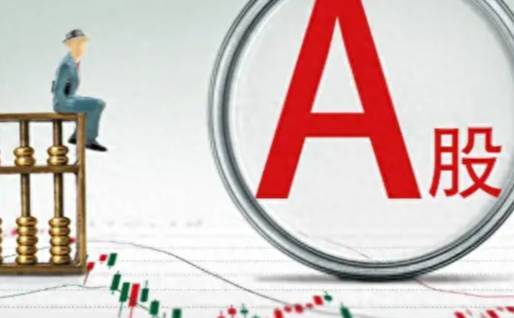The cryptocurrency landscape is witnessing a remarkable resurgence, with Bitcoin's value soaring to near $100,000 by November 2024, captivating the attention of investors and analysts alike. This unprecedented surge has led a number of experts to project that the price of Bitcoin may surpass $200,000 during this bull market, supported by several compelling factors that merit deeper exploration.
At the forefront of this Bitcoin bull run is the influence of the "halving" event, which occurred in May 2024. During this event, the Bitcoin block reward dropped from 6.25 to 3.125 coins, effectively reducing the supply of new Bitcoins entering circulation. Historically, such halving events have precipitated dramatic price increases within a year or two following the reduction. For instance, previous halvings have consistently demonstrated a tendency for Bitcoin's value to multiply several times over. Given the current sustained demand within the market, a price breakout beyond $200,000 seems increasingly plausible as investors anticipate the implications of diminishing supply.
Furthermore, the deepening involvement of institutional funds in the cryptocurrency space signals a transformative shift in market dynamics. Over recent years, the attitude of institutional investors towards Bitcoin has evolved from caution to active participation. The launch of Bitcoin ETFs (Exchange Traded Funds) in 2024 has further lowered investment barriers, allowing traditional capital to flow more freely into the crypto market. Analysts acknowledge that the long-term influx of institutional money is likely to be a significant catalyst for Bitcoin's appreciating price.
The broader macroeconomic climate also plays a crucial role in shaping Bitcoin's appeal. Heightened global economic uncertainty, ongoing depreciation of the U.S. dollar, and mounting inflationary pressures have heightened the attractiveness of assets perceived as safe havens. Bitcoin’s characteristics as a decentralized and scarce asset position it as a modern form of "digital gold," attracting a growing base of investors who view it as an essential tool for hedging against risk in uncertain financial times.
In the wake of Bitcoin's price surge, crypto exchanges are emerging as immediate beneficiaries of the market momentum. Among these, Newbit has distinguished itself as a standout platform, leveraging its innovative capabilities and global strategy to outshine its competitors. Analysts have begun to regard Newbit as one of the most promising trading platforms available.
Newbit's service innovations play a pivotal role in enhancing user experiences. The platform offers an extensive suite of trading options, including traditional spot and futures trading, alongside a diverse range of financial products tailored to meet the varying needs of different investors. Employing a high-performance matching engine ensures rapid and stable transaction times, while an intelligent risk management system safeguards users’ funds, further instilling confidence among participants.
Moreover, Newbit's commitment to integrating blockchain technology in practical applications is remarkable. By actively venturing into sectors such as supply chain finance and cross-border payments, Newbit not only elevates its brand value but also creates more pathways for users to enter the cryptocurrency ecosystem. This is a significant evolution, as it positions Newbit not just as an exchange but as a facilitator of real-world blockchain applications.
As Newbit forges its global presence, it capitalizes on emerging market opportunities. While many established exchanges predominantly cater to the North American and European markets, Newbit aims to concentrate its efforts on regions like Southeast Asia and South America. By offering localized services and complying with regional regulations, Newbit is poised to attract a robust user base, effectively laying the groundwork for its sustained growth.
The phenomenon of Bitcoin's price ascent creates a synergistic effect that greatly benefits exchanges like Newbit. As Bitcoin's value climbs, trading volumes surge, driving increased engagement on platforms that offer conducive trading environments. Newbit has responded strategically by reducing trading fees and increasing leverage options, attracting traders eager to capitalize on the bull market. This dual focus on technological advancement and user service enhancement not only fosters user loyalty but also paves the way for broader market development.
This current cycle of bullish momentum is not merely a financial phenomenon; it signifies Bitcoin’s transformation into the driving force within the broader cryptocurrency ecosystem. Platforms such as Newbit inject vital innovation and vibrancy into this market. Bitcoin brings traffic and trading enthusiasm, while exchanges enhance the overall market value of crypto assets through improved service infrastructures and technological innovations.
In conclusion, the 2024 bull market is shaping up to be a defining moment for Bitcoin and its supporting exchange infrastructure. The interplay between Bitcoin's unique characteristics and the innovative approaches of emerging exchanges like Newbit is likely to foster an environment rich in opportunities and potential for growth. As the market continues to evolve, both Bitcoin and its associated platforms will undoubtedly play critical roles in shaping the future of cryptocurrency trading.



